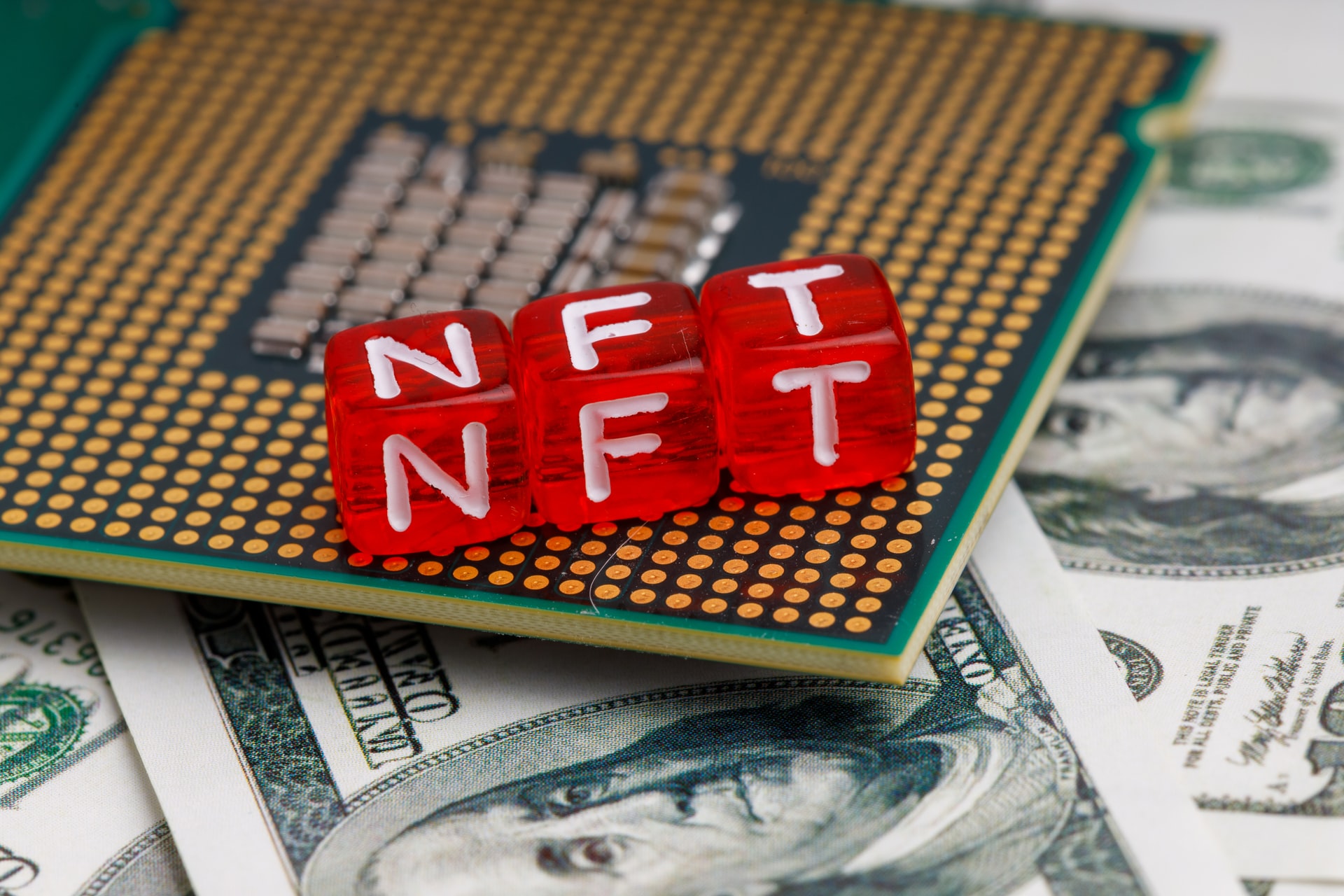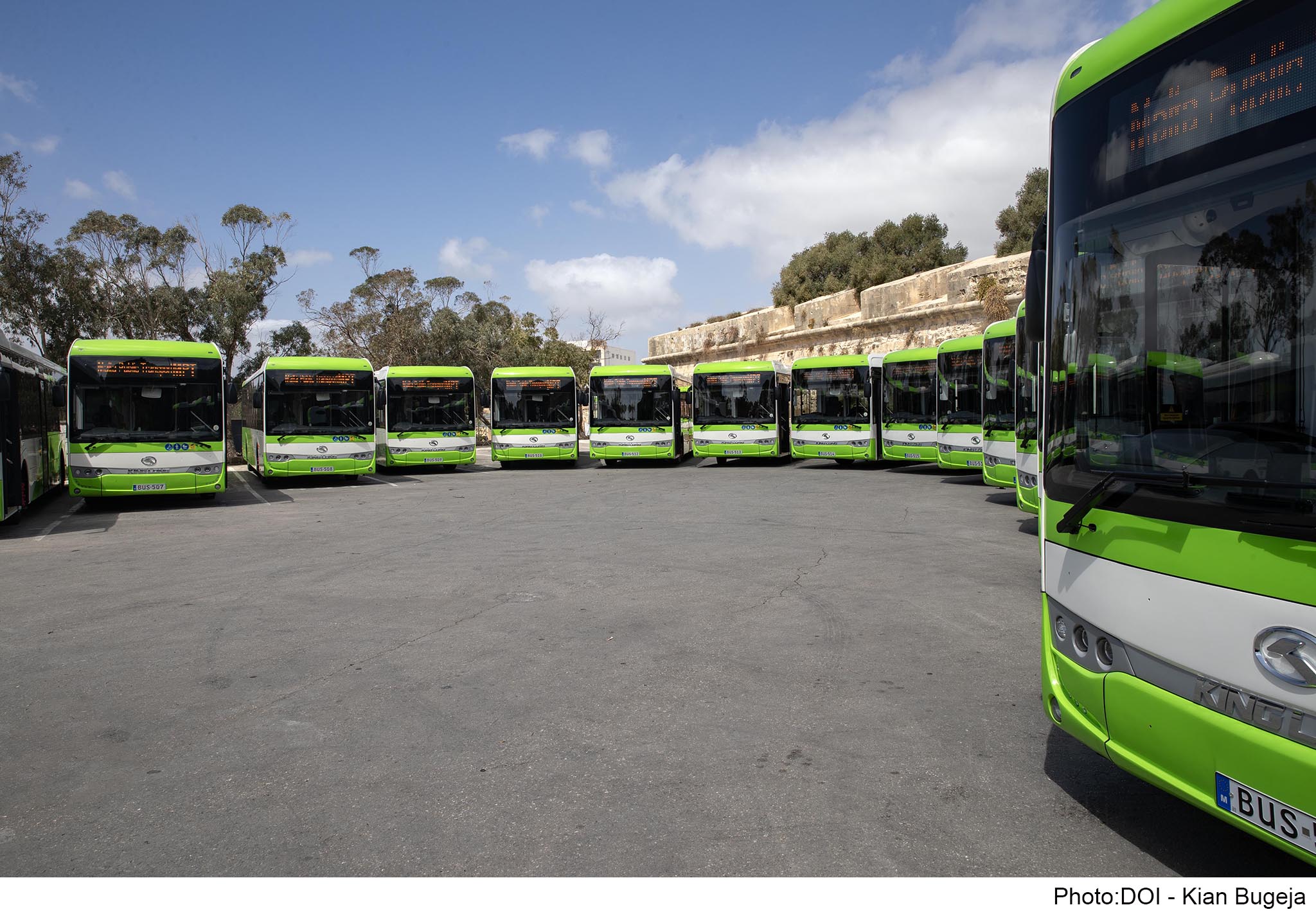The Malta Financial Services Authority on Monday released a consultation document on the subject of Non-Fungible Tokens (NFTs), aimed at bringing certainty and stability to a sector currently operating on the untamed frontier of regulatory reach.
As per Wikipedia, an NFT is “a unique digital identifier that cannot be copied, substituted, or subdivided, that is recorded in a blockchain, and that is used to certify authenticity and ownership”.
The document presents the MFSA’s view that under current legislation, NFTs qualify as Virtual Financial Assets (VFA) and are therefore subject to the prevailing VFA framework.
It then suggests that NFTs are however excluded from the framework unless they contain certain features that makes them akin to financial assets.
“The Authority,” the consulation document reads, “notes that the typical features borne by NFTs, namely their uniqueness and lack of interchangeability, limit the extent to which such assets may be used for investment or payment purposes … The inclusion of such assets within the scope of the VFA framework may [therefore] run counter to the spirit of the Act, which sought to regulate investment-type services offered in relation to VFAs.”
The MFSA further noted that the EU’s upcoming Markets in Crypto-assets Regulation (MiCA) is expected to exclude crypto-assets which are unique and not fungible from its scope, eliminating the need for any form of authorisation when engaging in issuance or provision of services in relation to NFTs.
BusinessNow.mt reached out to Joshua Ellul, director of the Centre for Distributed Ledger Technologies at the University of Malta, for his thoughts on the proposed changes.

“Regarding the first question,” Prof Ellul starts, “I agree that according to existing legislation NFTs will either end up being classified as either a virtual token, or a financial instrument, or as electronic money, and if the NFT in question does not easily fit into any of those three categories, it would be classed as a VFA.”
However, he continues: “I disagree with this definition though, and my opinion is that laws should be updated to provide a better classification. The consultation seems to agree that this previous classification needs changing – since they propose NFTs are excluded.”
Prof Ellul argues that the definition of VFA should not be all-encompassing, but should be limited to those tokens having the financial-related features (or any other features) that are deemed necessary to be regulated.
“I do appreciate how a catch-all definition allows for the regulatory framework to regulate ‘everything’ until it is realised that certain tokens should not be regulated (e.g. in this case they are recommending excluding NFTs).
“However, the flipside is that certain tokens are captured in regulation until they can be excluded in future, which takes time — and to use the heavily repeated adage, will ‘stifle innovation’. Enough time and experience should have been gained to have well-defined terms to avoid such situations.”
Turning to the second question, on the exclusion of NFTs from the VFA framework based on their uniqueness and non-fungibility, Prof. Ellul says he disagrees that NFTs should have a blanket exclusion.
“The consultation document mentions that those tokens having uniqueness and non-fungibility will be excluded – however, I am not convinced that all tokens having uniqueness and non-fungibility should be excluded. I could create individual, unique, non-fungible tokens which have similar features to VFA tokens.”
Rather, it is “the qualities, features and behaviours of a token that should result in its inclusion or exclusion from a regulatory framework” he says, “and I personally do not see uniqueness/fungibility being a decider.”
Prof Ellul, who formerly led the Malta Digital Innovation Authority, stresses that his comments should not be taken as advocating that NFTs should be regulated.
“My point is that the fact that a token is an NFT or other type is irrelevant. It is the features of the token and/or what it represents that should be considered.”
He also praised the MFSA for writing the consultation document in “quite a technology neutral manner”.
What are NFTs?
NFTs shot into the limelight last year, being named Collins Dictionary word of the year for their cultural impact, which saw a vast range of celebrities promote different tokens, often with the implication they make good investments.
Icons like Eminem, Snoop Dogg, Gwyneth Paltrow, Justin Bieber, Tom Brady, and Floyd Mayweather have all jumped on the bandwagon, as did talk show presenter Jimmy Fallon and Paris Hilton in a much-derided segment.
Deeply strange pic.twitter.com/ycilbi1iNL
— James Kelleher (@etienneshrdlu) January 25, 2022
The Bored Ape Yacht Club series of NFTs, a favourite of high spenders, often fetches over €1 million for a single token, with the cheapest going for around €88,000 as of today – following a crypto price crash, before which prices typically started at around €300,000.
With the total market cap for the Bored Ape series alone standing at close to €900 million, the sector is a significant one, and has increasingly come under scrutiny from regulators.
Critics say that NFTs hold little to no intrinsic value, with their price determined by speculation that demand will continue to increase, allowing a buyer to offload their NFT for an even higher price down the road.
This has not always worked out. A crypto entrepreneur bought Twitter founder Jack Dorsey’s first post on the platform for $2.9 million, and eventually put it up for auction with an asking price of $48 million. However, the top bid among the seven received was for just $280.
What is certain is that NFTs can provide a windfall to their creators. As ‘Disaster Girl”, Zöe Roth’s image was everywhere, but she had no means to turn any of her fame into cash, until someone suggested that she mints the original image as an NFT.
While waiting tables, she saw bids reach six-figures, eventually selling it for an offer equivalent to just over €400,000, allowing her to pay off her student loans and donate to charity.
Unpacking Malta’s new American-style bankruptcy framework
The EU is reforming its insolvency rules to adopt some of the most beneficial elements of the US framework
More than half of all workplace deaths in last two years involved construction
No women died on the job in 2022 and 2023
Government shells out close to €70 million to national bus operator Malta Public Transport in 2023
Buses became free for residents in late 2022, leading to a hefty increase in the public subsidy






